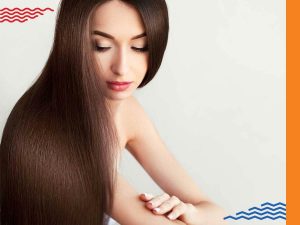
It’s an open secret that stress is your health’s number 1 enemy. And in what is the most stressful time for most, a vicious circle begins to form. The stress causes health issues, which in turn increases stress. And one of the first victims of stress? Your hair.
But before we get into the what and how of controlling hair fall, it would be appropriate to get a better understanding of hair loss in general:
What qualifies as hair loss?
Like all things biological, hair has a growth cycle which includes:
- Growing phase
- Resting phase
- Falling phase
At any given time, about 90% of the hair on a person’s scalp is in the growing phase and hence, the hair that falls is limited in quantity (about 80-100 strands per day) and does not qualify to be called ‘hair loss’. Treatment is recommended when the hair fall is beyond these numbers.
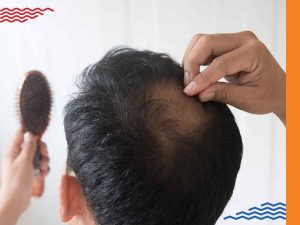
What are the causes of hair loss?
- Genetic or hereditary: Hair thinning tends to run in the families
- Hormonal conditions like PCOS
- Thyroid abnormalities
- Certain medications like anti-anxiety drugs
- Hair treatment like straightening
- Any major illness or surgery
- Weight loss, dieting
- Stress
Also, there is a list of different types of hair fall a person can experience. This is better covered in my blog post-https://www.inurskn.in/types-of-hair-loss/
Which brings me back to what would be the first steps to control hair loss. Things that are easy to do. So here goes:
- See a qualified and experienced dermatologist (online if you like), who is well-versed with the reasons and types of hair fall. It is better to first speak to a dermatologist who takes a detailed history, and uses his or her experience to diagnose the exact type of hair fall, and possibly even nail what is causing this hair fall. I have been encouraging my patients to see me online. It is convenient, easy and as effective as a physical consultation. You can read more about how we carry out online consultation at InUrSkn and its benefits here: https://www.inurskn.in/contact-us/
- That said, there are some basic lifestyle changes/improvements that I ask my patients to focus on:
- Diet: Do not skip meals. Ensure a healthy, high-protein diet. If you are trying to lose weight, do it with the help of a professional dietician. Skipping on important nutrients affects hair growth.
- Eliminate or Reduce Alcohol consumption and Smoking.
- Exercise: This has the dual benefit of improving both physical and psychological health.
- Sleep: Get your 7 to 9 hours of shut eye. It goes a long way in returning your entire body back to a balanced state.
- Stress: work towards ‘managing’ it (reduction is not always possible). And on this, I am a strong advocate of ‘whatever floats your boat’ – from yoga to intense exercise to vacations to watching movies to spending time with your kid…there is no wrong answer here.
- Start on the proper course of oral and topical medications as prescribed by the dermatologist for the exact hair loss condition you are experiencing.
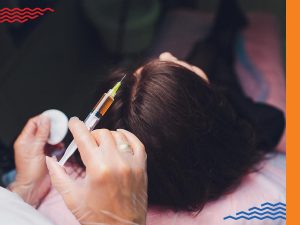
Do oral and topical medicines really help? How do they work? What should I expect?
Based on the type and severity of hair loss, a mode of treatment should be selected. When the hair thinning has just begun, hair fall is of recent onset or is caused due to stress, surgery or major illness, oral medications and topical lotions show very good results. The type of medication should be suited to the exact condition a person is experiencing.
These medications work by prolonging the growth phase of the hair cycle. Also, they stimulate hair follicles, thereby triggering hair growth. Lastly, they prevent conversion of thick hair to fine, brittle hair.
Hair growth is stimulated as soon as you start these medications, but visible results are seen in about 2-3 months duration. This is so because the normal growth cycle of hair is such.
These medications are absolutely safe, proven over a very long period of time. Having said this, the side effects that one may rarely experience are:
- Mild itchy sensation
- Scalp can become little greasy.
Also, don’t worry, hair fall will not increase after stopping lotions and medications. It’s only a myth.
Please do not:
- Use whatever your friend is using. You may be suffering from a different thing altogether and may end up causing more harm.
- Do not use over the counter (OTC) medications. Again, best case scenario you will get no results. Worst case you will worsen the situation.
- Do not use home remedies. Medications prescribed by dermatologists undergo years of testing and approval and have known side effect if any. I have seen patients coming back with infections on their scalp because they tried using grandma’s treatments to stop hair loss.
While we are on things that one should not do, here’s a common myth that I come across: Oiling reduces hair fall.
Oil acts as a very good conditioner. But it does not have any nutritional value. Nutrition to hair come from our healthy well-balanced protein rich diet. Also oil can sometimes lead to boils and prevent penetration of any prescribed hair fall prevention lotion. Use a mild conditioner instead and then too do not expect healthy hair because of the same.
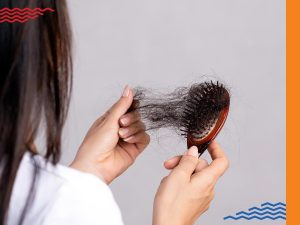
What if this does not work?
Every person’s physiology is different and sometimes lifestyle changes and oral and topical medications have a limited effect on certain people’s conditions. Hence, making it necessary to step into medically safe procedures of carrying our P R P treatment or a Meso Treatment.
You can read more about these here:
https://www.inurskn.in/procedure/prp-for-hair-rejuvenation/
https://www.inurskn.in/procedure/meso-therapy-for-hair-rejuvenation/
In case you have been undergoing hair loss, I hope this article helps you relax a bit. Please remember medical science has advanced quite a bit and there are solutions for nearly every health issue that the world will throw at us. In these times it helps to remember the simple proverb: “This too shall pass”
About INURSKN:
Built on more than a decade of experience of Dr. Sejal Saheta, we are the honest and affordable skin and hair care clinic. Our goal is to make each patient comfortable and happy with their appearance with the least amount of intervention.
Here qualified and trained doctors, equipped with the latest technology, conduct and supervise all procedures in strict adherence to protocols developed by Dr. Saheta.
We are happy to be a part of your journey to reach your health goals. If you think we have been able to help you, please do review us:
On Practo: https://prac.to/vkpj
On Google: https://goo.gl/zHfACo
Disclaimer:
This article is one in a series of articles on skin conditions by Dr. Sejal Saheta – MD, DNB – Dermatology and Venereology. The objective of this series is to educate the reader and help them take precautions against various skin conditions they come across on an everyday basis. These articles are not meant to be used by patients for self-diagnosis or for avoiding proper medical treatment. The images used in the above blogs are just for the visual representation of the treatment results may vary from patient to patient.




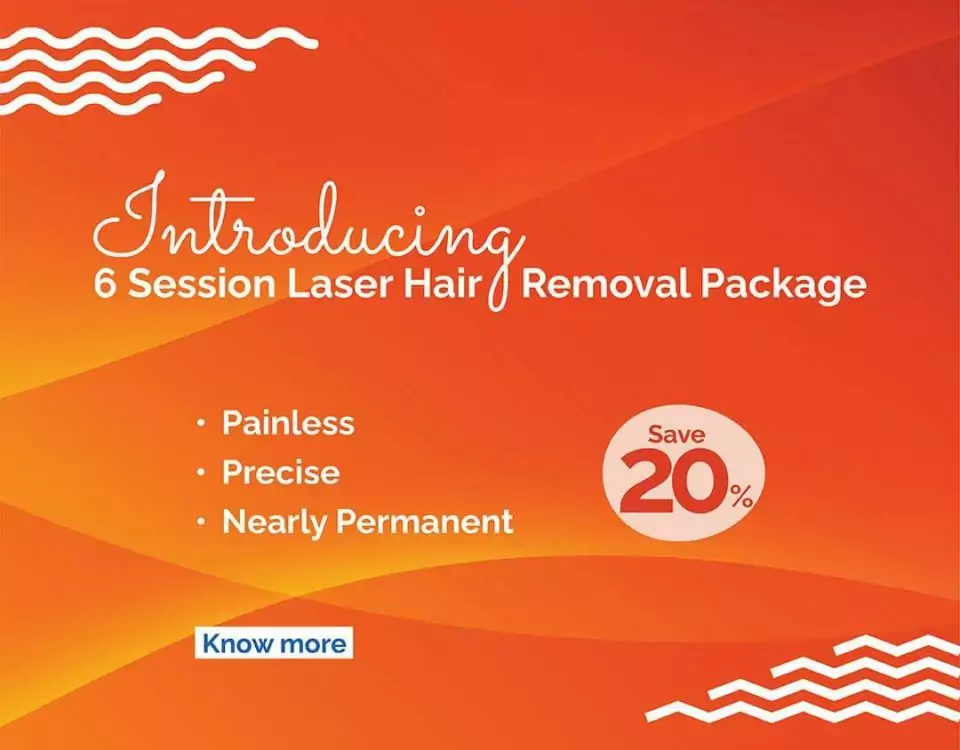

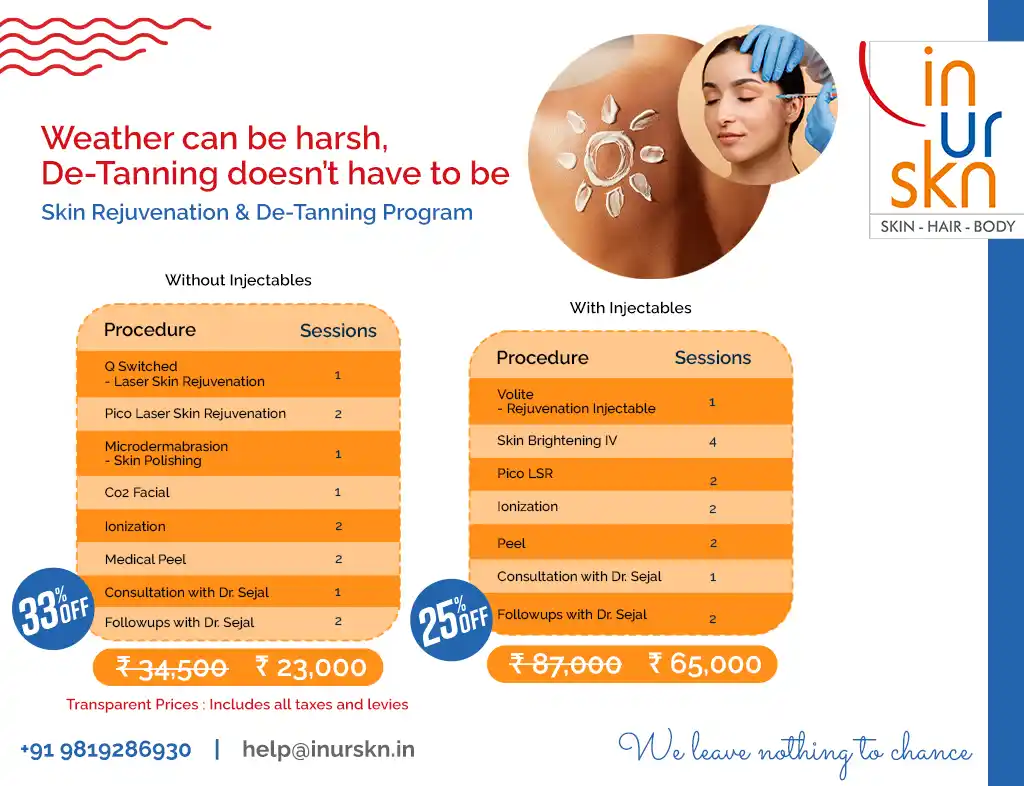














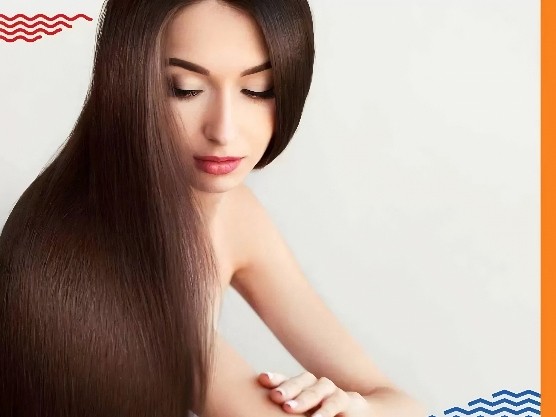


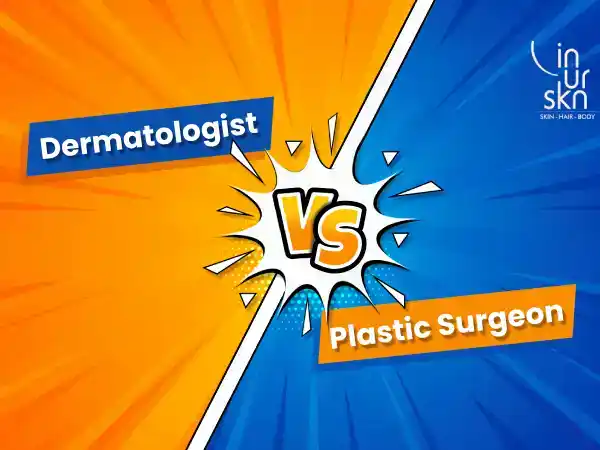
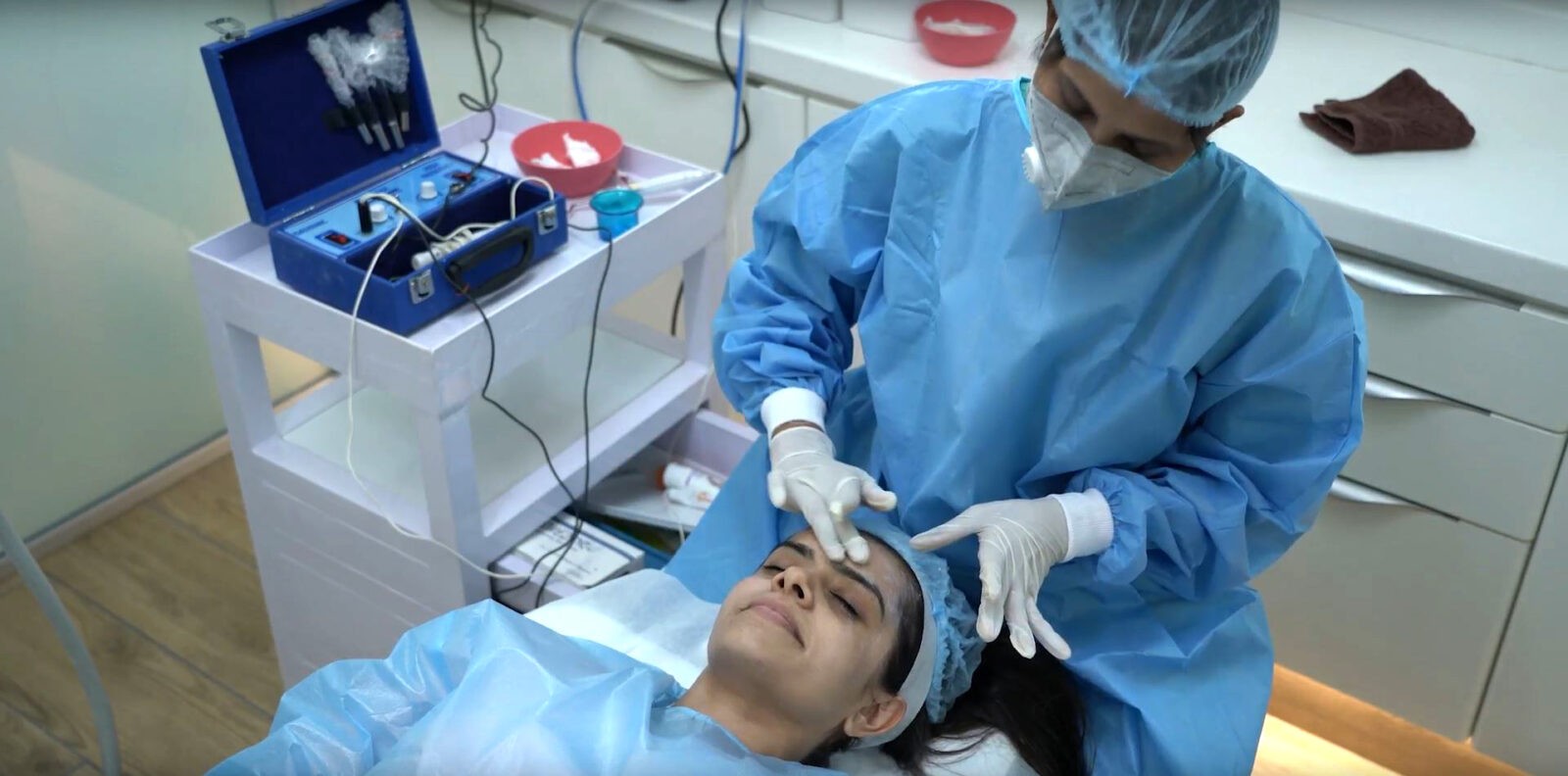
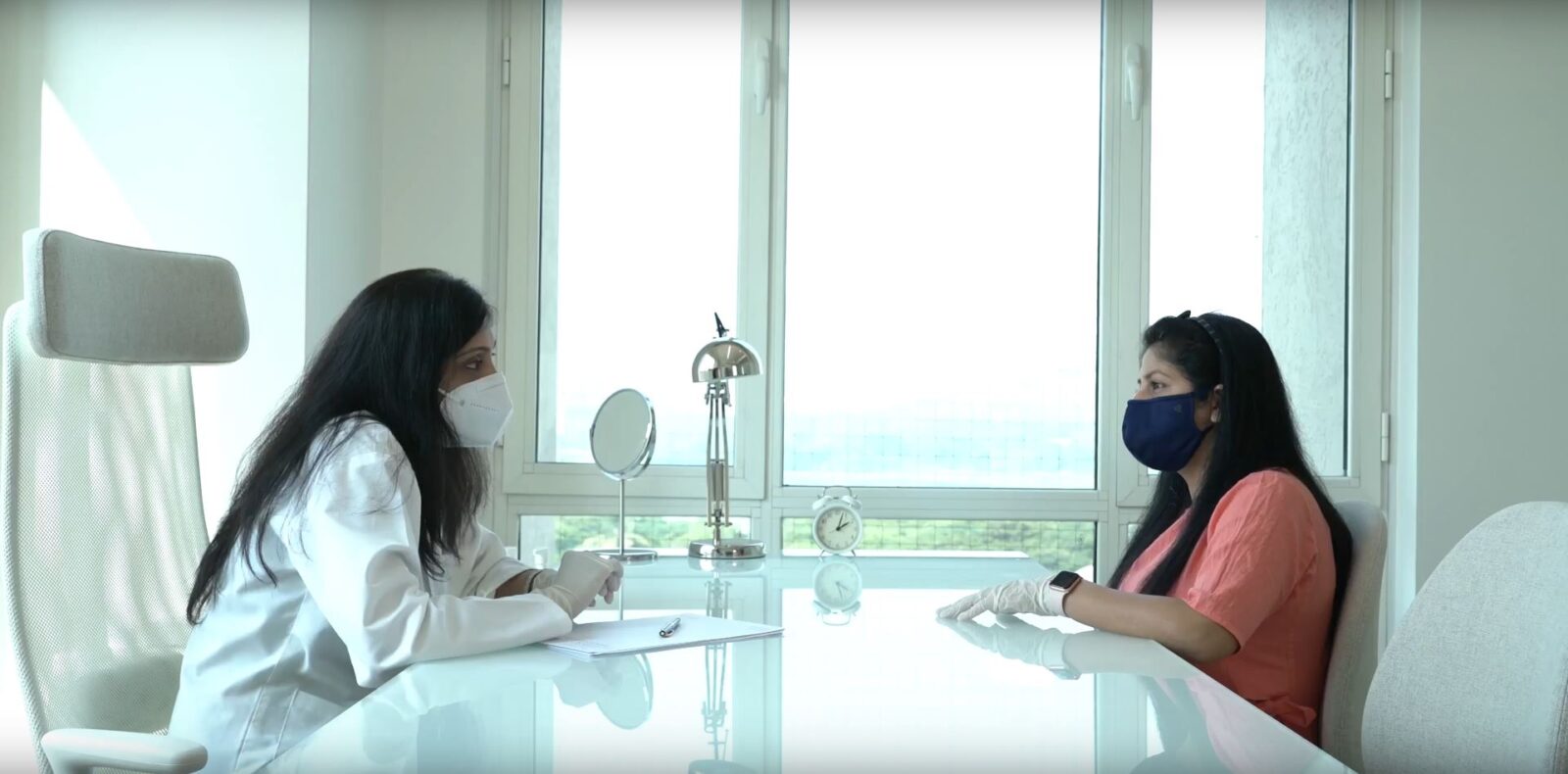

 Call us
Call us Book Appointment
Book Appointment Enquire
Enquire Location
Location




